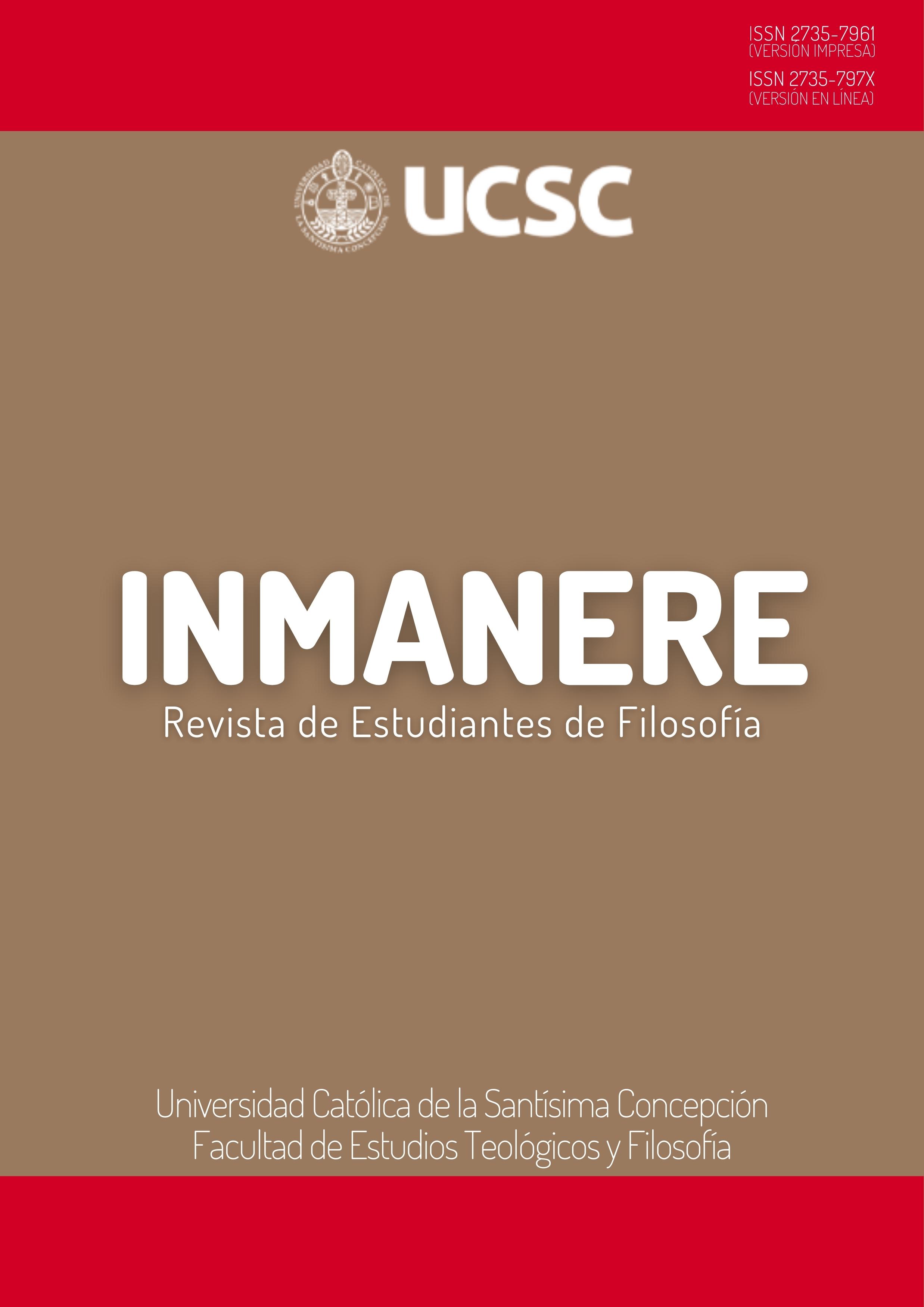Desires in Plato’s Lysis and their function in the development of friendship
Main Article Content
Abstract
The objective of this article is to carry out an analysis of the term ἐπιθυμίαι in Plato's Lysis. We seek to demonstrate that desires, despite being analyzed from an exclusively irrational and negative perspective, are intrinsically linked to the very formation of friendship and are also necessary and inevitable in the life of human beings. This relevance is accentuated by observing the following: passage 221b (6-7) of the Lysis focuses solely on sensible appetites, while passage 221d (4-5) seems to refer to a type of general desire capable of adequately guiding particular desires. It is curious that Plato associates sensible appetites with this general desire, and that both interact constantly. It seems – and this is what I will try to demonstrate throughout the text – that these immediate desires play a crucial role in the very structuring of friendship. In the context of the discussion on this topic, we find the insights of Miguel Baró (2008), who considers that desires are our closest and most essential connection in our relationships with the world.
Article Details
Section

This work is licensed under a Creative Commons Attribution-NonCommercial 4.0 International License.
The work is licensed under a Creative Commons Attribution 4.0 International License. This license allows sharing and adaptation of the material in any medium or format, even for commercial purposes. Proper attribution must be given, including a link to the license and indicating any changes made to the material. No additional restrictions may be applied that legally limit others from exercising the permissions granted by the license.
How to Cite
References
Platón. (2018). Lisis. Gredos.
Plato. (2012). Lysis. Loeb Classical Library
Platón. (2018). Eutidemo. Gredos.
Aristóteles. (2014), Metafísica. Alianza.
Aristóteles. (2014). Ética a Nicómaco. Alianza.
Baró, M. (2008). El bien perfecto: invitación a la filosofía platónica. Sígueme.
Morales, F. (2008). La noción de τὁ πρωτον φἰλον en el Lisis de Platón. Revista de filosofía.
Belfiore, E. (2012). Sócrates´ Daimonic Art: Love for Wisdom in four Platonic Dialogues. Cambridge University Press. DOI: https://doi.org/10.1017/CBO9781139051712
Hadot, P. (2006). Ejercicios espirituales y filosofía antigua. Siruela.
Lledó, E. (1998). Amistad y memoria.
Lledó, E. (1984). La memoria del Logos. Taurus.
Irwin, T. (2000). La ética de Platón. Universidad Nacional Autónoma de México.
Guthrie, W. (1984). Historia de la filosofía griega I. Gredos.
Grube, G. (1987). El pensamiento de Platón. Gredos.
Solana Dueso, J. (2013). Más allá de la ciudad: el pensamiento político de Sócrates. Ediciones Zaragoza.
Kahn, C. (2010). Platón y el diálogo socrático: el uso filosófico de una forma literaria. Escolar y Mayo Editores.
Taylor, A. (2005). Platón. Editorial Tecnos DOI: https://doi.org/10.1108/ilt.2005.01857caa.001
Crombie, I. (1979). Análisis de las doctrinas de Platón. Alianza Editorial.
Lyotard, F. (2004). ¿Por qué filosofar? Alianza.
Jenofonte. (1997). Recuerdos de Sócrates. Gredos.
Chantraine, P. (1968). Dictionnaire Étymologique de la langue grecque. Éditions Klincksieck.
Montanari, F. (2009). The brill dictionary of ancient Greek. University of Genoa. Diccionario Manual Griego.
Diccionario Griego-Español. (1998). Editorial Ramón Sopena.




